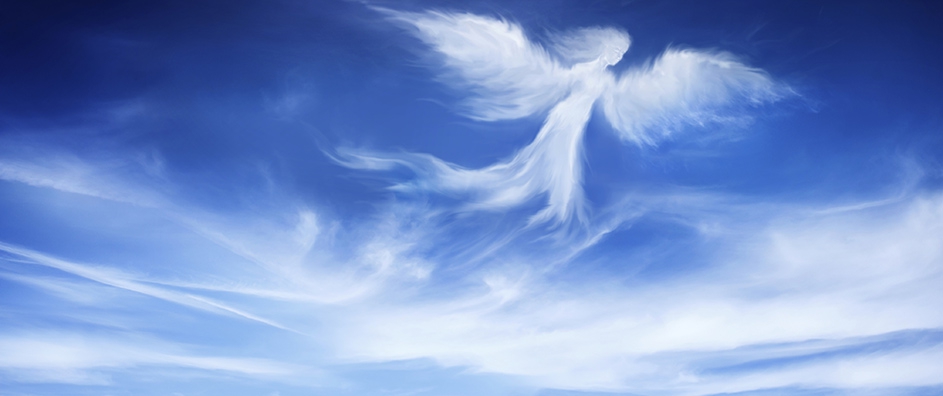The views expressed in our content reflect individual perspectives and do not represent the authoritative views of the Baha'i Faith.
In the previous article, I quoted this beautiful, poetic passage from the Baha’i writings, in which the symbolic “Maid of Heaven” exclaims:
“O People of the earth! By the righteousness of the One true God, I am the Maid of Heaven begotten by the Spirit of Bahá, abiding within the Mansion hewn out of a mass of ruby, tender and vibrant; and in this mighty Paradise naught have I ever witnessed save that which proclaimeth the Remembrance of God by extolling the virtues of this Arabian Youth. Verily there is none other God but your Lord, the All-Merciful.”
Here, the Maid of Heaven announces to the people of the world the advent of the Bab. But this mystical, divine feminine voice also foreshadows the coming of Baha’u’llah, whose imminent advent the Bab’s mission foretold.
Dr. Nader Saiedi (Taslimi Professor of Baha’i Studies, UCLA) explains this profound, mysterious passage:
The Arabic verb referring to “the Maid of Heaven begotten by the Spirit of Bahá” is waladatnī, namely, “She gave birth.” In Arabic, verbs are different for female and male. “Walad” means: “He begot.” “Waladat” means: “She begot.”
So there is no doubt that, in this statement, “Bahá” is defined as the mother. The literal translation is that “Bahá” is the female who gave birth to the Maid of Heaven. So it is not deduction. It is the literal word.
In other words, Baha’u’llah metaphorically gives birth to the Maid of Heaven, infusing the Baha’i teachings—which emphasize the equality of women and men—with an interwoven fabric of masculine and feminine elements. We can understand this symbol of the Maid of Heaven as a traditionally feminine or maternal metaphor which personifies Baha’u’llah’s truth and spiritual reality.
Baha’is believe, you’ll remember, that God transcends gender, as Professor Saiedi further notes:
Relating to the issue of “He” and “She,” in Baha’i theology, God is beyond any gender. Therefore, “He” or “She” or even “It” make no difference.
Now back to the common invocation in Baha’i scriptures and prayers, “He is God!” Doesn’t that indicate a masculine vision of the Creator? Professor Saiedi comments:
The Qur’an uses “He,” and thus it would be considered as against Islam to use “She.” But Baha’u’llah used the form in order to transform the meaning.
Yet since the Baha’i Faith came within the Islamic world, and since the Qur’an always refers to God as “He,” changing that to “She” would have been perceived by Muslims as a direct attack on God and Islam.
Therefore Baha’u’llah used that same word, but undermined the patriarchal meaning.
So, “He is God” primarily refers to Baha’u’llah. “She is God” could well refer to Baha’u’llah’s spiritual reality, metaphorically personified as the Maid of Heaven. In both expressions, and in their corresponding, gendered metaphors, masculine and feminine principles complement one another, in perfect balance.
For centuries, people have referred to God as a masculine force. In the Baha’i writings, you can discover the meaning, beauty and profundity of this remarkable Baha’i scripture—“I am the Maid of Heaven begotten by the Spirit of Bahá, abiding within the Mansion hewn out of a mass of ruby, tender and vibrant”—and begin to understand God as equally feminine.
















Comments
Sign in or create an account
Continue with Googleor